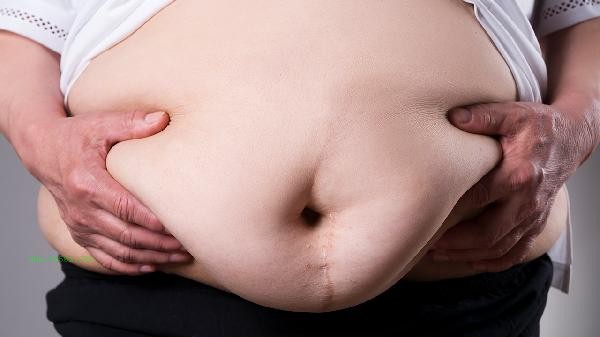During the weight loss period, you can eat watermelon in moderation at night, but it is important to pay attention to the timing and quantity of intake. Watermelon has a high moisture content and low calorie content, but a high sugar content. Slowing down metabolism at night may affect weight loss.

1. Sugar impact:
Watermelon contains 6-8 grams of sugar per 100 grams, and excessive intake during reduced nighttime activity may be converted into fat storage. It is recommended to control within 200 grams to avoid blood sugar fluctuations affecting sleep quality.
2. Water metabolism:
Watermelon has a water content of over 90%, and consuming it two hours before bedtime may lead to frequent nocturia and disrupt deep sleep. People with weaker kidney function need to control their intake time, and it is recommended to consume it one hour after dinner.
3. Calorie Calculation:

200 grams of watermelon contains about 60 calories and needs to be included in the daily calorie budget. Eating with 10 grams of nuts can delay sugar absorption and reduce glycemic index.
4. Alternative:
recommends choosing low sugar fruits and vegetables such as cucumbers and tomatoes as evening snacks. If you particularly crave sweetness, you can mix watermelon with sugar free yogurt to make frozen food and slow down your eating speed.
5. Individual differences:
People with diabetes or insulin resistance should avoid taking it at night. The stage of supplementing electrolytes after exercise can increase intake appropriately to help restore water balance. During weight loss, dietary management should balance nutrition and sustainability. It is recommended to supplement high sugar fruits after breakfast or exercise, and focus on protein and dietary fiber after dinner. Long term weight control requires establishing a regular schedule and ensuring 7-8 hours of high-quality sleep, which helps with leptin secretion. Record daily diet and observe body reactions to find a suitable fruit intake plan for personal metabolic rhythm. Combining moderate aerobic exercise and strength training can effectively improve basal metabolic rate.





Comments (0)
Leave a Comment
No comments yet
Be the first to share your thoughts!